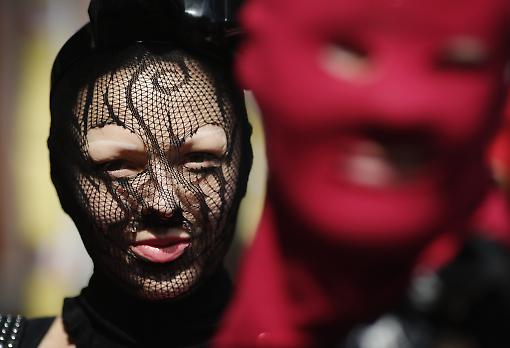[Editor’s note: While we realize that Pussy Riot is all-around controversial, we’re also curious about the band’s ideology and protest methods. Please leave a comment after reading and get the discussion going.]
Last month Maria Alyokhina, a member of the Russian punk band Pussy Riot, embarked on a hunger strike that lasted 11 days before, remarkably, her demands were met.
Alyokhina is ten months into a two-year prison sentence for “breach of public order motivated by religious hatred.” In reality, the breach was a brief performance in a Moscow cathedral of the song “Punk Prayer- Virgin Mary, Drive Putin Out.”
Religious hatred or political dissent: take your pick.
The hunger strike of Alyokhina began when she alleged that prison officials were attempting to turn the other inmates against her by cracking down on security in advance of her parole hearing. She claimed inmates were denied permission to enter workplaces without escort, whereas before they had been allowed to enter freely. This requirement left inmates locked into their workplaces for hours at a time. Alyokhina was moved to a prison hospital, but ended her hunger strike when officials were able to show her that the security restrictions had been removed and returned to normal.
Pussy Riot was only formed in August 2011, but has had a significant impact on various social justice movements globally. Their manifesto claims: “We are open-source-extremists, the feminist virus infecting your thoughts.” And this idea of “open-source” movements is becoming the modern approach. There was mutual influence between Pussy Riot and Occupy Wall Street in New York, and similarities can be seen between other recent movements, like the Arab Spring. Social media is becoming the platform for protest, and youth are mobilizing it.
While it is always hard to gauge the impact that youth movements can have, it is undeniable that the actions of Pussy Riot, and notably their arrest and subsequent trial, have called attention to the Russia of Vladimir Putin. And since their trial, a glut of new legislation has been passed, clamping down on multiple forms of protest and criticism of the government. These laws are informally known as the Pussy Riot laws, and make illegal the discussion of Pussy Riot protests, distribution of footage of them, and covering one’s face in public, in emulation of the balaclavas worn by band members.
The irony though of clamping down on social protest is that, with modern media, the act of repression only serves to send the message out all the louder. And while perhaps in Russia the group is being somewhat censored, internationally their protest is sparking and leading to a much wider movement.
-David
David Wilson graduated from the University of Texas in 2006. Since then he has gone wherever the wind blows him, living in Europe, China, and the States, and traveling extensively throughout the rest of the world. When he’s not on the move, you can find him obsessing over latte art, playing piano, or trying to bleach his hair in the sunshine. Follow him on Twitter.

